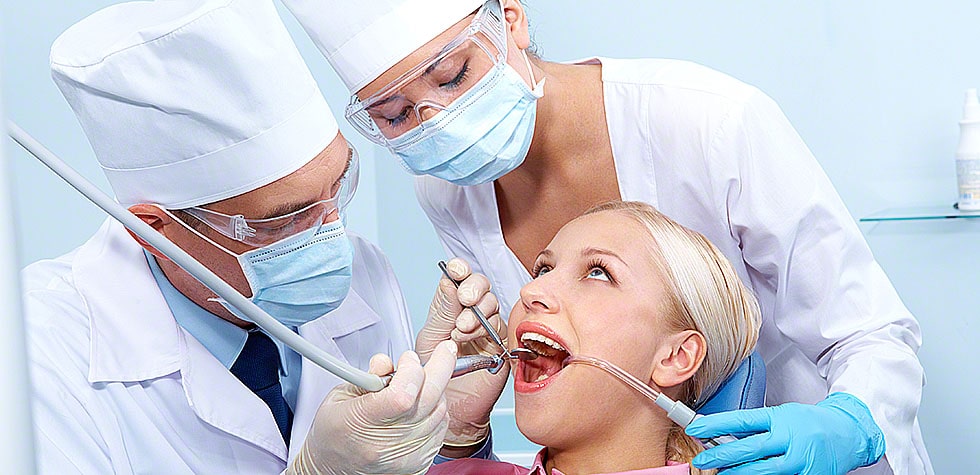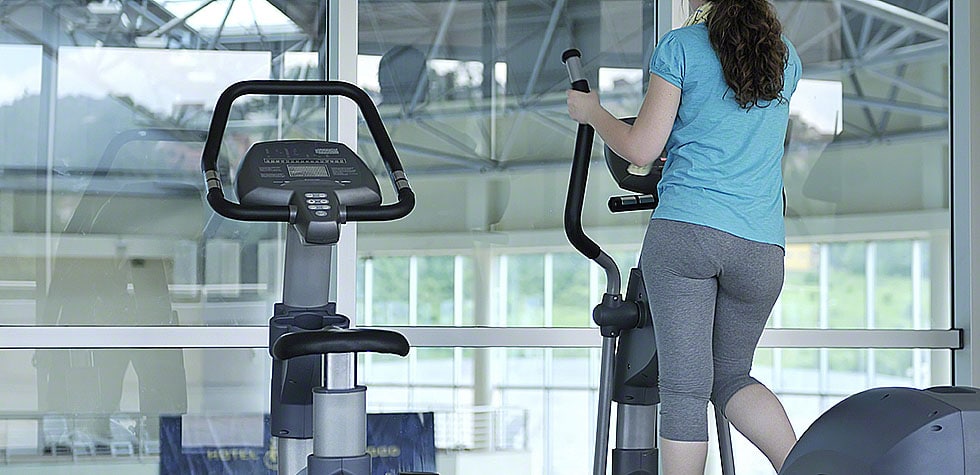Antihistamines are one of the most common yet useful drugs ever to exist and also commonly prescribed by allergy doctors. They can help you with a number of symptoms and they’re nothing less than a lifesaver for people suffering from allergies. Here is everything you need to know about them.
Antihistamines
“Antihistamine” is a word derived from “histamine”, and it’s an antidote of sorts. Histamine is a chemical produced by your body, especially when it’s under attack. This means that there is a foreign invasion of allergens or triggers in your body and your immune system is trying hard to fight them off.
This process can kick-start the production of histamine in your body and that can lead to symptoms of coughing, sneezing, swelling, redness, and wheezing to occur more frequently. These symptoms can cause you to become weak and fall victim to allergic reactions. This is where you need to combat the allergy symptoms and treat them accordingly and antihistamines come into play.
Antihistamines are drugs that are meant to slow down the production of histamine in your body. These drugs are commonly used by people who are suffering from different allergies, as well as cold, flu, and anxiety. Antihistamines go into the body and start working their magic, almost instantly, which is why you feel relief when you take one or two antihistamines.
What Are Antihistamines Used For?
Antihistamines are used in treating symptoms of various disorders like:
- Anxiety
- Insomnia
- Cold and flu
- Allergies
- Stomach aches
- Skin issues like dermatitis and eczema
- Tetanus and more
Types Of Antihistamines
Antihistamines are basically of two types:
1st Generation Antihistamines
First generation antihistamines are those drugs that were found early on, in the 1900s, and are still being used to this day. These drugs are very simple and can be used to treat a variety of symptoms. These antihistamines work great in reducing the severity of symptoms and they can also cause drowsiness, a main characteristic when taking antihistamines.
2nd Generation Antihistamines
Second generation antihistamines are those drugs which were prescribed later on, in the 1980s and 1990s and they’re a lot less potent in nature than their 1st generation counterparts. They don’t cause severe reactions with other drugs and they also don’t lead to drowsiness, so that’s a good sign.
Antihistamines & Allergies
Antihistamines are most commonly used by people who suffer from allergies. Histamine production can skyrocket if you’re suffering from allergies of any type because your immune system is just too weak and it can’t seem to make up for its lost strength, which is why you need to rely on certain backup medications like antihistamines to pull you through until you can get your hands on a proper treatment plan for your allergic reactions and flare-ups.
If you go to an allergy clinic Germantown, and the doctor prescribes an antihistamine, they are helping you get instant relief from the allergic reaction.
Antihistamines are used in these types of allergies and they can help combat most of the symptoms:
- Pollen allergy
- Dust allergy
- Hay fever/allergic rhinitis
- Sinusitis
- Pet allergy
- Food allergy
- Fungus and mold allergy
- Insect allergy and bites
- Ragweed allergy
- Latex allergy
The spectrum of symptoms antihistamines can help with include:
- Swelling and tenderness on the skin, face, and other parts of the body
- Alleviation in the redness and itchiness of patches
- Sneezing and coughing
- Runny nose and blocked nasal airways
- Chest constriction
- Nose congestion
- Pressure under the eyes and around the nose and forehead
- Nausea and vomiting
- Fatigue and general feeling of tiredness
Benefits Of Antihistamines
Here are some benefits of antihistamines that will knock allergies out of the park.
Instant Relief
Antihistamines are miracle drugs that give you instant relief. No matter what symptom you’re feeling, taking one to two doses of antihistamines is going to make you feel like a hundred bucks and it’s a great life-saving medication that can change the course of any allergic reaction. It’s good to keep it in your car, bag, or even in your pocket, in case an allergy attack strikes out of nowhere.
Go Well With Other Medications
If you’re taking other routine medications with your allergy medication, then you’re probably worried about reactions between the drugs, but that’s not the case with antihistamines. If you’re using 1st or 2nd generation antihistamines, then they’re pretty safe to combine with other drugs, and you won’t feel a reaction flaring up because of the mixing of chemicals in your bloodstream.
2nd generation antihistamines are way better than 1st generation ones because they’re even less inert in the presence of other chemicals and they only relieve the symptoms you’re feeling, because of histamine production.
Easy Access
Antihistamines are readily available everywhere and you don’t need to get a prescription for it, which is great. These drugs are very inert and they don’t mess up with your body’s chemical makeup which means that there can’t be any possibility of things going wrong in case you take antihistamines for symptom relief.
They are also quite affordable and you don’t need to spend a fortune to get rid of those pesky allergy symptoms. Antihistamines are available in a variety of brands, chemical compositions, and varieties, so there are a lot of options to choose from if you want to get rid of certain allergy-inducing symptoms.
Side Effects Of Antihistamines
Antihistamines sound like they’re the perfect drug of choice if you’re suffering from allergies, but is there not a single sign of danger, when consuming these drugs? Well, here are some side effects that are good to keep in mind:
Drowsiness
Antihistamines can cause drowsiness like no other drug, especially 1st generation antihistamines. The reason why is because these drugs come in contact with your blood-brain barrier and this can cause extreme fatigue and sleepiness.
Antihistamines can get dissolved into your blood and send signals to your brain that the body needs to rest, which in turn, can cause you to fall asleep. However, that’s not the case with 2nd generation antihistamines.
Liver And Kidney Problems
Antihistamines, or any drug/medicine, for that matter, are going to cause issues in the kidneys and liver. The liver is the singular organ in the body that allows the synthesis of medicine and over time, any medicine, let alone antihistamines, can cause problems in this organ.
Kidneys, on the other hand, are responsible for flushing out everything from the body through the urinary tract and if you’re not keeping yourself hydrated and flushing out the excess of antihistamines from your body, then it can lead to disorders like kidney stones, UTIs and kidney failure, in the long run.
Regular Usage Can Lead To Resistance In The Body
Antihistamines can also lead to resistance in the body. They’re not recommended to be taken every single day. You need to be careful about the dosage, otherwise, your body will grow resistant to it and there will be nothing you can do.
Resistance to a drug means that your body will not be able to recover, even if you take medication over and over. You’re going to need a stronger drug to combat the symptoms now and that’s not a good thing.
Conclusion
Antihistamines are great if you want to deal with sudden symptoms of fever, swelling, or even an allergic reaction. They’re good to have around, in case of an allergy emergency, because they’re going to help you pull through. To avoid problems, use antihistamines when prescribed by an allergist Manassas.





